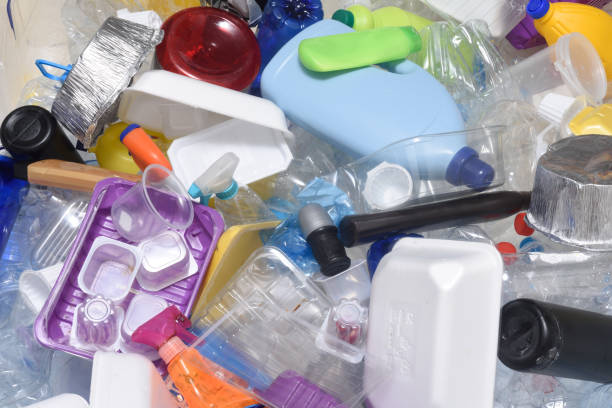Make an Appointment
In many direct and indirect ways, plastic, one of the most popular materials in the industrial world today, poses a major threat to the environment and consumer health. The exposure of children to
harmful chemicals
during manufacturing, leaching in stored food items while using plastic packages, and chewing on plastic teethers and toys has been linked to serious health consequences such as cancers, birth defects, impaired immunity, endocrine disruption, developmental and reproductive effects, and many more. To address this possible health danger in the future, the promotion of plastic replacements and the proper disposal of plastic trash require immediate and decisive action.
To address the dangerous health effects of plastic hiding in plain sight, we must:
Take a lifecycle approach to plastic.
The few techniques for assessing and managing plastic harm have been ineffective and ineffective. Understanding the entire spectrum of hazardous health effects of plastic on human health is required to make informed judgments about plastic dangers. It is also necessary to ensure that in the process of addressing the current issue, no other complicated environmental problems are produced.
Consider the risks to human health from both exposures to plastic particles and associated pollutants at each step of the lifespan of plastic. The majority of people on the planet are exposed at various periods throughout their lives:
Extraction and Transport
99% of plastic is derived from fossil fuels. Oil and gas extraction, particularly natural gas hydraulic fracturing, discharges various harmful compounds into the air and water, typically in large quantities. Over 170 fracking chemicals used to make the main feedstock for plastic have been linked to cancer, neurological, reproductive, developmental toxicity, immune system impairment, and other issues. These toxins affect the skin, eyes, and other sensory organs, along with the respiratory, neurological, and gastrointestinal systems, the liver, and the brain.
Refining and Manufacture
Carcinogenic and other highly harmful compounds are released into the air when fossil fuels are converted into plastic resins and additives. Exposure to these drugs has been linked to nervous system damage, reproductive and developmental issues, cancer, leukaemia, and genetic implications such as low birth weight. Workers in the chemical industry and communities near refineries are the most vulnerable, with chronic and acute exposures possible during uncontrolled spills and emergencies.
Consumer Products and Packaging
The use of plastic products leads to ingestion or inhalation of large amounts of both microplastic particles and hundreds of toxic substances with known or suspected carcinogenic, developmental, or endocrine-disrupting impacts.
Plastic in the Environment
Plastic contaminates and accumulates in food chains through agricultural soils, terrestrial and aquatic food chains, and the water supply once it reaches the environment in the form of macro- or microplastics.
This environmentally friendly material can easily absorb harmful chemicals or concentrate toxins already present in the environment, rendering them accessible for direct or indirect human exposure.
Microplastics entering the human body via direct exposure can lead to a variety of health impacts that include inflammation, genotoxicity, oxidative stress, apoptosis, and necrosis. These health effects of plastic are linked to negative health outcomes including cancer, cardiovascular diseases, inflammatory bowel disease, diabetes, rheumatoid arthritis, chronic inflammation, auto-immune conditions, neurodegenerative diseases, and stroke.


One Comment
Pingback: Health Effects of Plastic – Sujata Birla Hospital